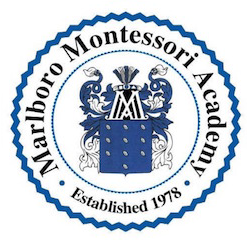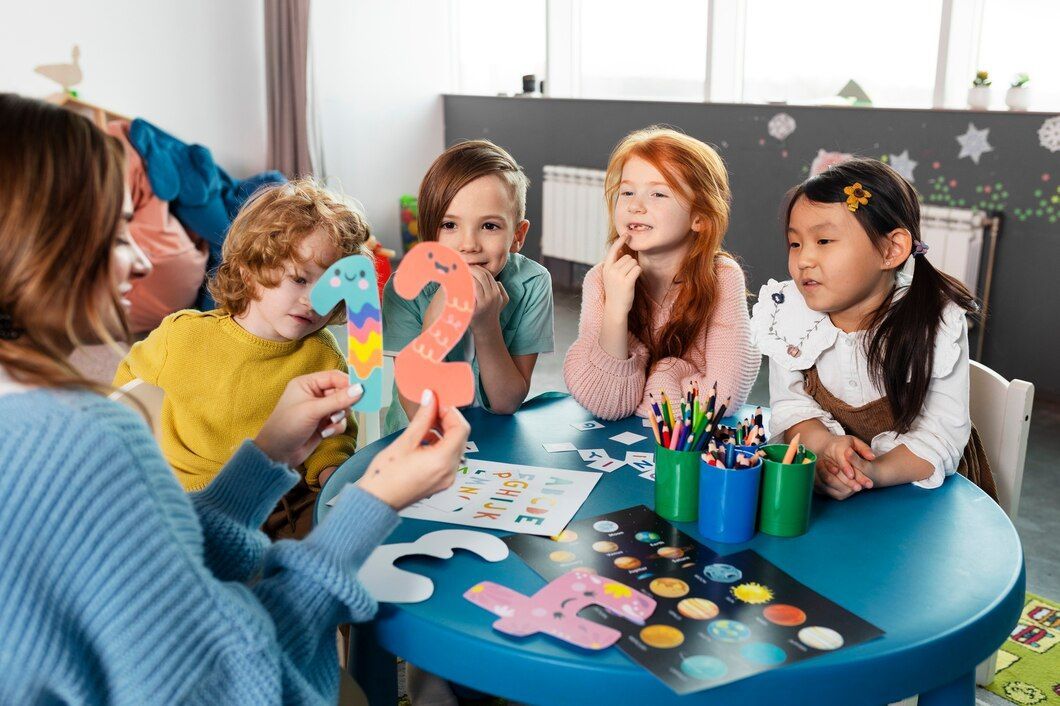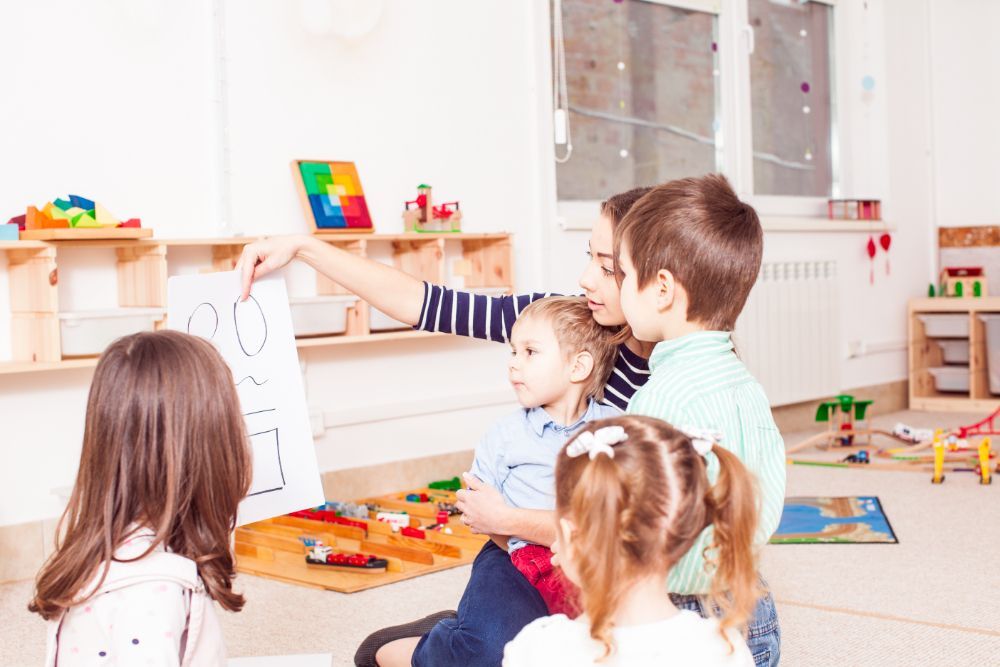Building the Foundations of Emotional Intelligence Through Montessori Education
Emotional intelligence (EQ) – the ability to recognize, understand, and manage our emotions and the emotions of others – is an essential life skill that contributes to personal growth, meaningful relationships, and overall happiness. As we navigate through an increasingly complex and interconnected world, fostering emotional intelligence in children has become more important than ever. Montessori education, with its holistic approach to child development, has long understood the value of EQ and continues to create environments and experiences that nurture this critical aspect of human well-being. Montessori schools, such as Marlboro Montessori Academy, have expertly curated programs for toddlers, preschoolers, kindergarteners, and elementary students that aim to develop emotional literacy, empathy, and self-regulation as fundamental components of student growth.
The Montessori philosophy recognizes every child as an individual with unique emotional needs, and as such, prioritizes the development of emotional intelligence alongside intellectual growth. By designing spaces and activities that encourage emotional expression, validation, and self-regulation, Montessori educators create opportunities for children to build a strong emotional foundation, paving the way for a lifetime of healthy relationships and personal success.
Montessori's approach to developing EQ in children includes fostering a culture of empathy, enabling students to recognize and express their emotions, and teaching effective communication techniques to navigate conflicts. Through individualized experiences and compassionate teaching, children come to understand and appreciate the broad spectrum of emotions in themselves and others, contributing to the development of emotionally literate individuals.
In this blog post, we will examine the various strategies and tools employed by Montessori schools, like Marlboro Montessori Academy, to cultivate emotional intelligence in children. Discover the transformative power of Montessori education and its commitment to nurturing the next generation of emotionally intelligent leaders, collaborators, and global citizens.
Enrich your child's development by embracing Montessori education and its time-tested approach to cultivating emotional intelligence, empathy, and self-awareness.
Embracing Emotional Expression and Validation
The foundation of emotional intelligence begins with providing children a safe, nurturing environment where they can express and explore their emotions without fear or judgment. Montessori classrooms are designed to be inviting, comfortable, and equipped with materials and tools that stimulate children's emotional expression. Creating an atmosphere of trust and openness encourages children to openly share their feelings, fostering self-awareness and emotional validation.
Montessori educators play a vital role in guiding children to recognize and verbalize their emotions, using age-appropriate language and tools to help them develop emotional literacy. By acknowledging and validating a child's emotional experience, teachers create strong emotional bonds and demonstrate to children that their feelings are important and worthy of attention.
Fostering Empathy and Social Awareness
Empathy – the ability to understand and share the feelings of others – is a key component of emotional intelligence. Montessori education places great emphasis on nurturing empathetic individuals who are capable of forming strong, supportive relationships with others.
To cultivate empathy, Montessori classrooms incorporate a variety of activities that create opportunities for students to connect with peers and build emotional understanding. Role-playing, collaborative projects, and group discussions provide valuable practice in understanding and empathizing with others' perspectives and experiences. Through these experiences, children develop an appreciation for the diversity of human emotions, cultivate compassion, and foster a sense of responsibility for the well-being of others.
Moreover, mixed-age group classrooms are a hallmark of Montessori education. In these settings, children are exposed to peers at varying stages of emotional development, encouraging students to learn from and support one another. This peer-to-peer mentorship fosters empathy, patience, and appreciation for the emotional experiences of others.
Developing Self-Regulation and Resilience
An essential aspect of emotional intelligence is the ability to regulate one's emotions and bounce back from setbacks. Montessori education encourages students to take ownership of their emotions and develop strategies for coping with challenges and managing negative emotions.
Montessori educators provide guidance and support to help children identify their feelings, recognize emotional triggers, and develop coping strategies. These tools may include deep breathing exercises, physical activity, or engaging in creative outlets such as art or music, which provide constructive ways to release and manage emotions. By learning to self-regulate, Montessori students build resilience, adaptability, and emotional strength that carry them through life's challenges.
Effective Communication and Conflict Resolution
A critical aspect of emotional intelligence is the ability to effectively communicate feelings, needs, and expectations. Montessori education teaches children the value of assertive, respectful communication and the importance of listening to the perspectives of others.
In a Montessori classroom, teachers offer lessons and practice in active listening, expressing feelings, and taking turns speaking. Additionally, they incorporate activities that involve negotiation, compromise, and collaborative problem-solving. By equipping students with these communication skills, Montessori education encourages harmony and understanding within the classroom and prepares children to navigate a wide range of social situations throughout their lives.
Furthermore, Montessori educators use conflict resolution techniques that involve empathy and communication, modeling to children that disagreements can be resolved peacefully and productively. This proactive approach to conflict resolution fosters emotional maturity and cultivates emotionally intelligent individuals capable of fostering healthy relationships.
The Lasting Impact of Montessori Education on Emotional Intelligence
As demonstrated in this article, Montessori education offers a proven, time-tested approach to cultivating emotional intelligence in children. By encouraging emotional expression and validation, fostering empathy and social awareness, developing self-regulation and resilience, and teaching effective communication and conflict resolution, Montessori schools like Marlboro Montessori Academy have established a strong foundation for the growth of emotionally intelligent individuals.
Emotionally intelligent children are better equipped to navigate the challenges of life, building strong relationships, and contributing positively to their communities. Montessori education's enduring commitment to nurturing the emotional well-being of children ensures that generations of Montessori students will be emotionally literate, empathetic leaders, and global citizens capable of making a meaningful difference in the world.
Invest in your child's emotional growth by exploring the
Montessori approach to education, unlocking the potential for a lifetime of fulfilling connections, happiness, and personal success.

Navigation
Contact Info
Phone Number: 732-946-8887
CAMP: 732-946-2267
Email: admin@marlboromontessoriacademy.com
GPS Address
257 Highway 79
Morganville, NJ 07751
Mailing Address
P.O. Box 272
Wickatunk, NJ 07765
All Rights Reserved
All Rights Reserved | Marlboro Montessori Academy
Marlboro Montessori Academy










